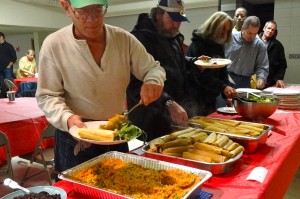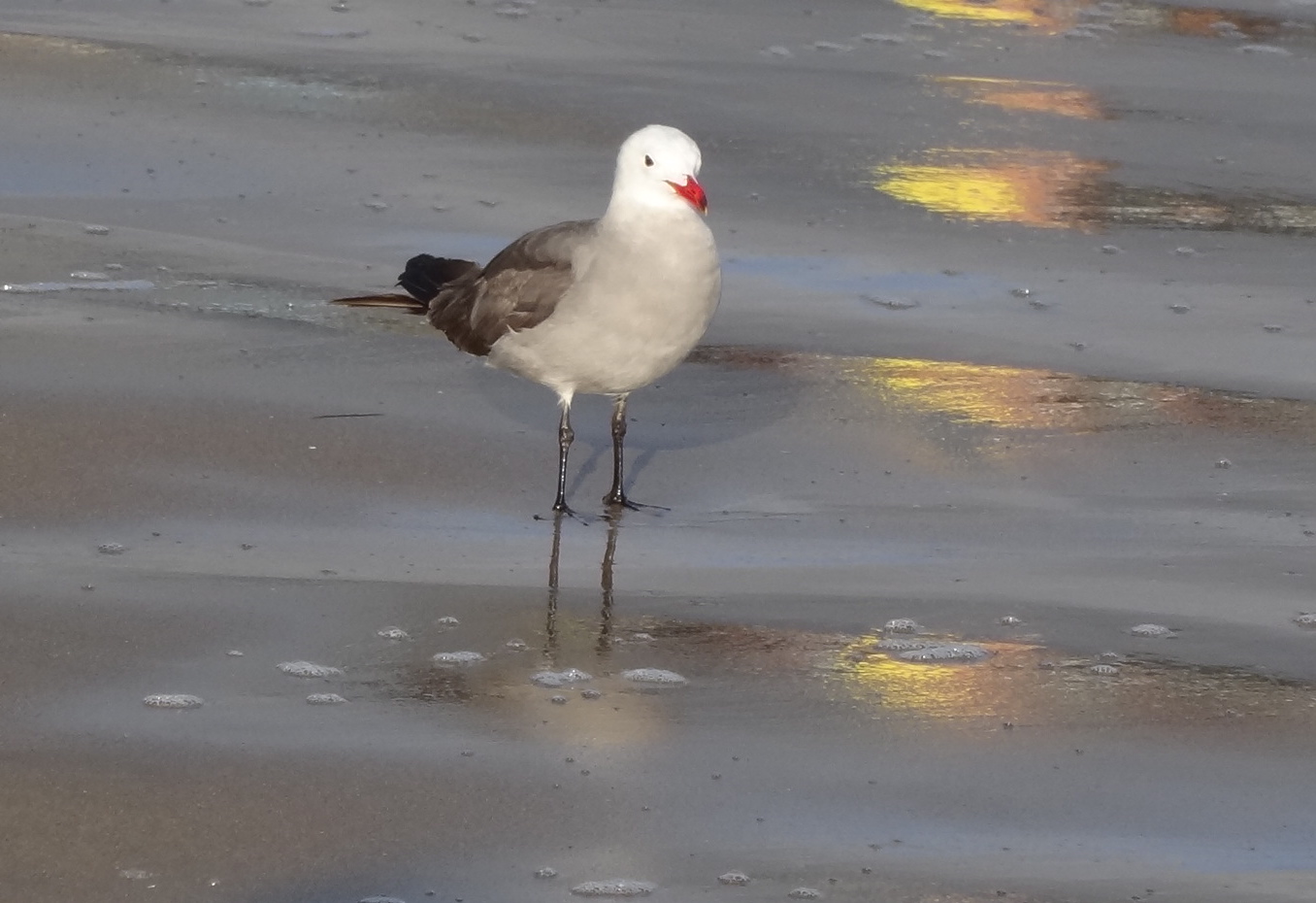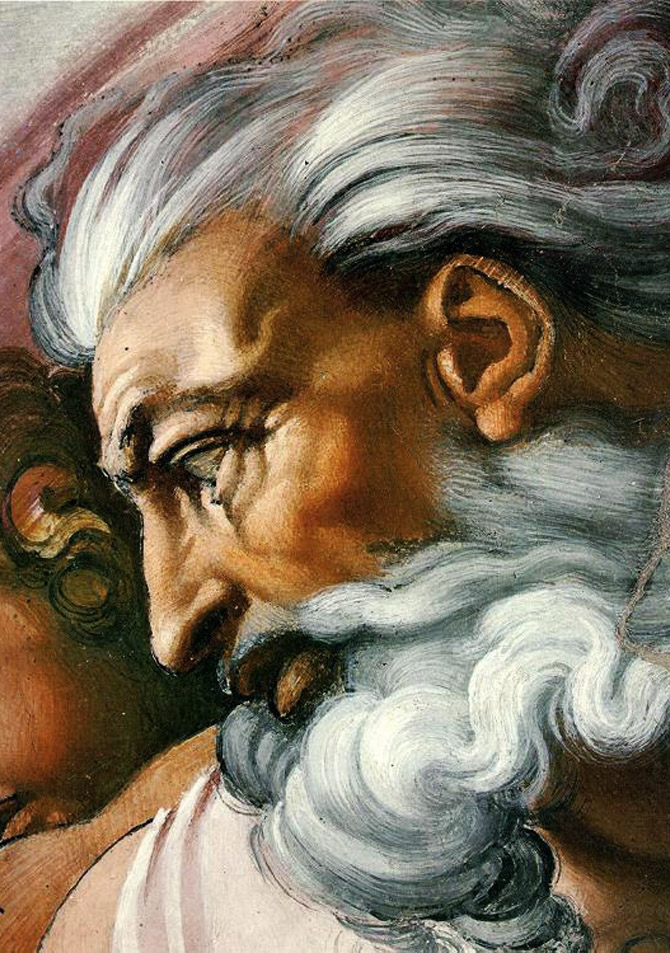Seek Christ, and you will find him, and with everything else thrown in. ~C. S. Lewis
I Missed Him…Found Him
by George MacDonald
I missed Him when the sun began to bend; I found Him not when I had lost his rim;
With many tears I went in search of Him, climbing high mountains which did still ascend, and gave me echoes when I called my friend;
Through cities vast and charnel-houses grim, and high cathedrals where the light was dim,
Through books and arts and works without an end, but found Him not–the friend whom I had lost.
And yet I found Him–as I found the lark, a sound in fields I heard but could not mark;
I found Him nearest when I missed Him most;
I found Him in my heart, a life in frost, a light I knew not till my soul was dark.
A Prayer
You know all our weeping, fainting, striving;
You know how very hard it is to be;
How hard to rouse faint will not yet reviving;
To do the pure thing, trusting all to thee;
To hold you are there, for all no face we see;
How hard to think, through cold and dark and dearth,
That you are nearer now than when eye-seen on earth.
(Adapted, from Diary of An Old Soul)
George MacDonald (1824-1905) Scottish preacher and poet
Photograph by Melanie Hunt, River in Maine












